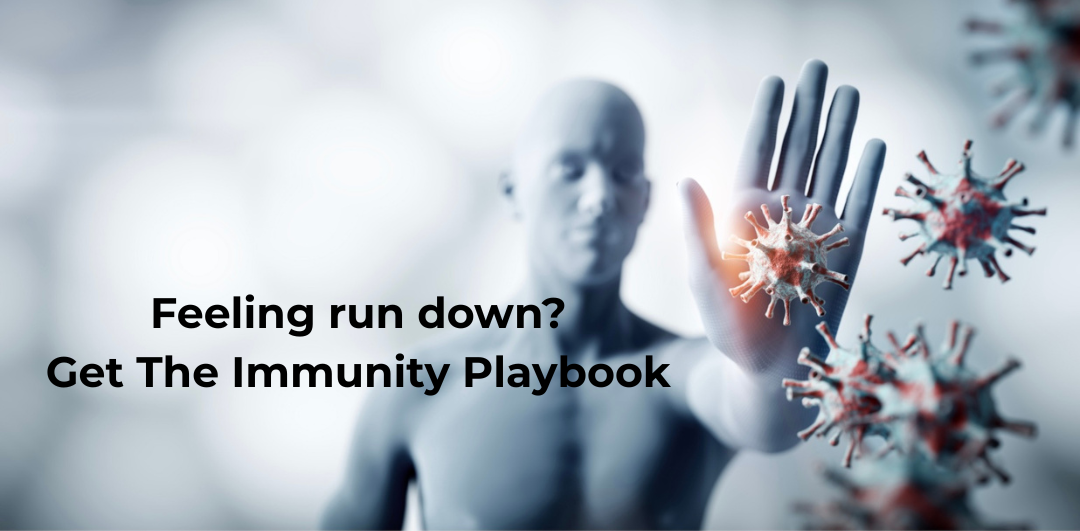Odd Symptoms of Perimenopause You’ve Never Heard Of
Aug 30, 2025
Women’s health is an (unfortunately) understudied area, and for far too long, the topics of perimenopause and menopause were just seen as ‘part of life’ for half the population. Not only is that a huge disservice to women everywhere, but it can also be dangerous!
We’ve all heard the usual suspects when it comes to symptoms of perimenopause: hot flashes, irregular periods, vaginal dryness, bone density loss, sleep problems, and mood changes, to name a few. However, there are some surprising (and weird) signs of perimenopause you might not be aware of that you should know about. We’re going to talk about six big ones in this blog, as well as ways to navigate this new chapter in your life.
Wait, That’s a Sign of Perimenopause?
During perimenopause, hormones like estrogen fluctuate wildly as your body transitions. These fluctuations can wreak havoc in ways you might not expect. Rest assured, these aren’t random, as there are patterns you can follow. Ultimately, your body is trying to tell you something, and we will be explaining six weird symptoms that are natural signs of perimenopause. We will also discuss what may be causing these symptoms.
Keep in mind: the following isn’t medical advice. Any of these symptoms should be reported to your doctor and checked out because these could also be symptoms of a different underlying condition. This blog in no way negates the need for a proper diagnosis from a doctor. As I like to say, test, don’t guess. It is always better to be safe than sorry!
Burning Mouth or Metallic Taste
If you suddenly find yourself getting a spicy, tingling, or metallic sensation in your mouth that seems unrelated to anything you ate, it could be perimenopause! Estrogen changes in the body disrupt nerve endings and reduce oral tissue hydration, which can result in you feeling odd sensations or tastes in your mouth that don’t seem to stem from any of the typical causes.
Smelling Smoke or Phantom Odors
Picture this: You’re sitting in your house and suddenly you get a whiff of smoke. You get up and check, but nothing’s on fire. Did you imagine it? No, you aren’t losing your mind—if you suddenly find yourself smelling smoke (or other phantom odors), it's likely linked to hormonal shifts in olfactory perception.
Tinnitus or Ringing in the Ears
There’s the old adage that if your ears are ringing, someone somewhere is talking about you. Whether or not that’s true, there is a medical reason why women going through perimenopause may experience the sudden onset of tinnitus or ringing in the ears. This odd symptom is tied to blood flow and estrogen’s role in the auditory system. If estrogen fluctuates, it can affect blood flow, and that includes blood flow to your ears, causing the ringing you hear. The human body, that incredible network of pathways and connections, will always tell us when something is off. We just need to listen. In this case, the pun is indeed intended.
Sudden or Unusual Body Odor
Many women who experience perimenopause discover that their natural scent has changed, sometimes dramatically. That's because estrogen regulates sweat and sebum; when it fluctuates, so does your scent. And during perimenopause, estrogen levels fluctuate a LOT. As a result, the composition and amount of these secretions change as well.
Additionally, changes in sebum production can alter the skin's pH balance and bacterial environment, resulting in you potentially finding yourself with a brand-new body odor. Some women notice they smell different even immediately after showering, or that their usual deodorant or perfume no longer works effectively.
Heart Palpitations or a Racing Heart at Rest
Ever find yourself sitting quietly and you suddenly feel like your heart is skipping, racing, or pounding? Might be perimenopause. Estrogen has a profound impact on cardiovascular function, influencing both vascular tone (how blood vessels constrict and dilate) and the autonomic nervous system, which controls involuntary functions like heart rate. When estrogen levels drop or fluctuate (as they do in perimenopause), blood vessels may not respond as smoothly to normal signals, and the nervous system's regulation of heart rhythm can become less stable.
These palpitations often occur without any physical exertion or emotional stress, sometimes waking women from sleep. While usually benign when related to perimenopause, the experience can trigger anxiety, creating a cycle where fears about the heart symptoms actually makes them worse. Regardless of the cause, heart palpitations should never be ignored. If you find your heart acting oddly during this time, see a doctor.
Itchy Skin or Crawling Sensations
If your skin feels persistent itching without visible cause, or you experience a burning sensation or the disturbing feeling that something is moving beneath the skin surface, perimenopause might be the culprit. Estrogen is essential for maintaining collagen production, skin hydration, and the proper functioning of nerve endings throughout the skin. As estrogen declines, the skin becomes thinner and loses moisture more rapidly, while nerve endings may become hypersensitive or send confused signals to the brain.
The uncomfortable feeling is an often-misunderstood symptom of perimenopause that can significantly impact quality of life. Some women find themselves scratching until they bleed, while others describe feeling like they need to brush or wipe their skin constantly. Plus, these sensations often don't respond well to moisturizers or antihistamines, leaving many women frustrated and more stressed. Just what you need, right?
The Functional Medicine Fix
When it comes to treating any symptoms, my first step is always: Test, Don’t Guess!
Here is some lab work to consider:
- Estradiol, progesterone, DHEA, Cortisol, B12, Zinc, magnesium RBC, ferritin
- Thyroid panel (because thyroid symptoms often mimic perimenopause)
- Vibrant Hormone Zoomer test (for in-depth hormone metabolite mapping)
The next step? Replenish key nutrients, especially:
- B12 (especially if vegan/vegetarian or have MTHFR)
- Zinc (immune + sensory support)
- Magnesium glycinate (nervous system regulation)
- Omega-3s + hydration
The third step? Balance your hormones (naturally and strategically):
- Lifestyle-based hormone support
- Stress reduction to calm cortisol and preserve progesterone
- Protein-rich meals to support blood sugar + estrogen metabolism
- Seed cycling or bio-identical hormone therapy if clinically appropriate
- Herbal or functional support for perimenopausal shifts (Vitex, maca, etc.)
- Avoiding endocrine disruptors (plastics, pesticides, synthetic fragrances)
You’re Not Broken – You're Evolving
Perimenopause is a transition, not a pathology. Weird symptoms don’t mean something is “wrong”—they mean your body wants attention and support. The truth is, you CAN feel empowered and experience relief, even during hormonal chaos.
Want to uncover and fix what’s causing your strange symptoms? Let’s uncover the root causes together. Book a Root Cause Clarity Session and we’ll start decoding your body’s messages—so you can feel like yourself again.


